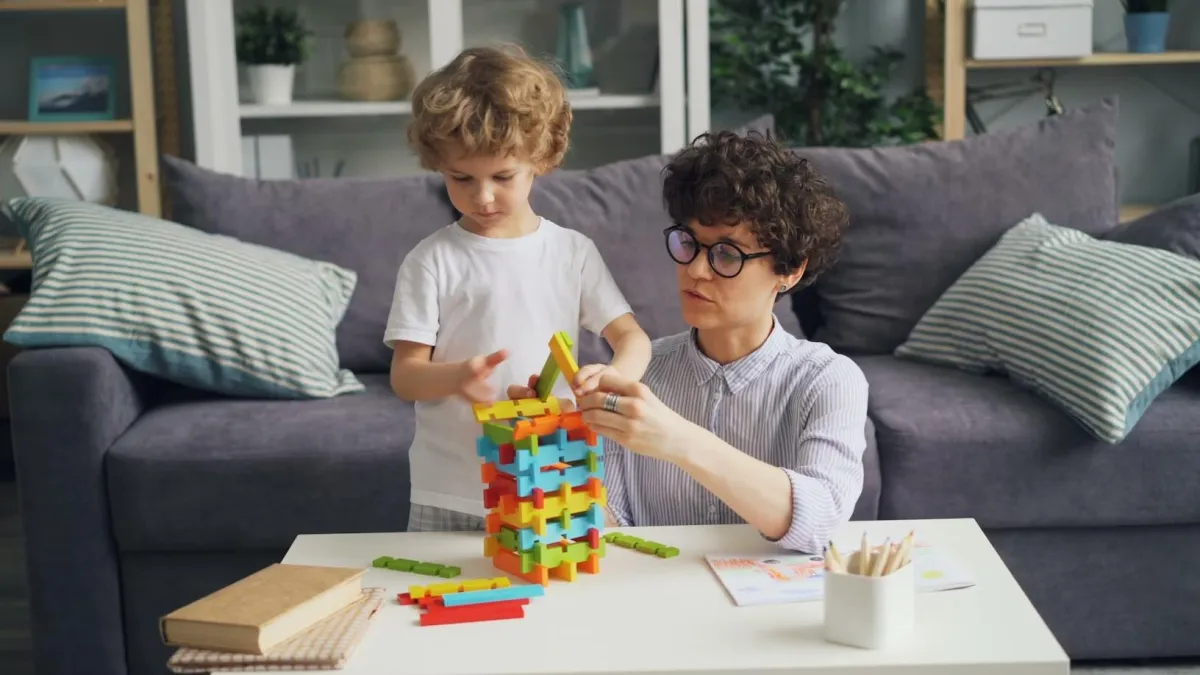Insights & Resources
Supporting Your Journey: Knowledge, Guidance, and Community
Welcome to the All Saints Healthcare blog, where we share valuable insights, practical advice, and inspiring stories to support families and individuals navigating developmental disability services. Our team of experienced professionals regularly contributes articles on topics ranging from waiver application tips to strategies for promoting independence. We invite you to explore our resources, join the conversation, and connect with our community of families and caregivers walking similar paths.

Can Adults with Autism Live in Group Homes?
Yes, adults with autism can live in group homes, which provide structured support while fostering independence. These homes offer assistance with daily tasks, social engagement, and skill development, creating a stable environment tailored to individual needs.
If you're exploring housing options, understanding the types of group homes, their benefits, and key considerations can help you make the best decision.
Keep reading to learn how group homes support adults with autism and how to find the right fit.
What Is a Group Home?
A residential group home is a housing facility that provides support for individuals with disabilities, mental health conditions, or other needs. These homes offer stability, supervision, and personalized care to help residents thrive.
For adults with autism, group homes offer assistance with daily routines, social engagement, and varying levels of support—from 24/7 care to semi-independent living.
Can Adults with Autism Live in Group Homes?
Yes, many group homes cater specifically to adults with autism. Eligibility depends on factors like diagnosis, independence level, and required support. Common types of autism-focused group homes include:
24/7 Support Homes – For individuals needing full-time assistance.
Semi-Independent Living Homes – For those who can manage some tasks independently but require support in certain areas.
Transitional Homes – Designed to help individuals develop skills for more independent living.
Benefits of Group Homes for Adults with Autism
Group homes provide numerous advantages, including:
Structured Environment – Predictability helps reduce anxiety.
Personalized Support – Assistance with daily living, social skills, and therapy.
Community and Socialization – Opportunities to build friendships and participate in activities.
Skill-Building Programs – Training in employment, self-care, and household management.
Access to Professional Care – Staff trained in autism support, medical needs, and behavioral guidance.
Considerations and Challenges
While group homes offer many benefits, there are factors to consider:
Adjustment Period – Transitioning to shared living requires adaptation.
Finding the Right Fit – Homes vary in structure and level of care.
Limited Availability – Many have long waitlists.
Financial Costs – Funding options like Medicaid waivers and state programs can help.
How to Find the Right Group Home
When exploring options:
Research Local Facilities – Identify autism-friendly group homes.
Visit Homes – Meet staff and residents to evaluate the environment.
Understand Funding – Explore financial aid options.
Consult Professionals – Work with case managers or advocacy groups.
Alternatives to Group Homes
For those seeking other arrangements, options include:
Supported Independent Living (SIL) – Living independently with external support.
Family-Supported Living – Staying with family while receiving professional assistance.
Intentional Communities – Autism-friendly neighborhoods with built-in support.
Residential Treatment Centers – Intensive care for those needing specialized services.
In-Home Autism Support Services – Personalized care provided within the individual’s home, allowing them to maintain familiar surroundings while receiving professional assistance.
Common Myths About Autism and Group Homes
Myth: Group homes restrict personal freedom.
Reality: Many prioritize independence within a supportive structure.Myth: All group homes offer the same care.
Reality: Support levels vary; choosing the right fit is essential.Myth: Adults with autism can’t thrive in group homes.
Reality: Many flourish in structured, community-driven environments.
Finding the Right Home – A Step Toward Independence
Choosing the right living arrangement is a significant step toward a fulfilling, independent life. While group homes present challenges, they often provide the stability, skill-building, and community that adults with autism need to thrive.
If you're considering a group home, start by researching options, visiting facilities, and seeking professional guidance. All Saints Healthcare offers expert support in finding and accessing the right care solutions for adults with autism.
Contact us today to explore personalized care options that promote independence and well-being.
What Our Clients Say About All Saints Healthcare Services
"All Saints has helped my brother gain confidence and independence while providing our family peace of mind. Their staff truly cares about his well-being and goals."
- Family Member
© 2026 All Saints Healthcare Services Inc - All Rights Reserved.
Website Developed by CareGenius.co

